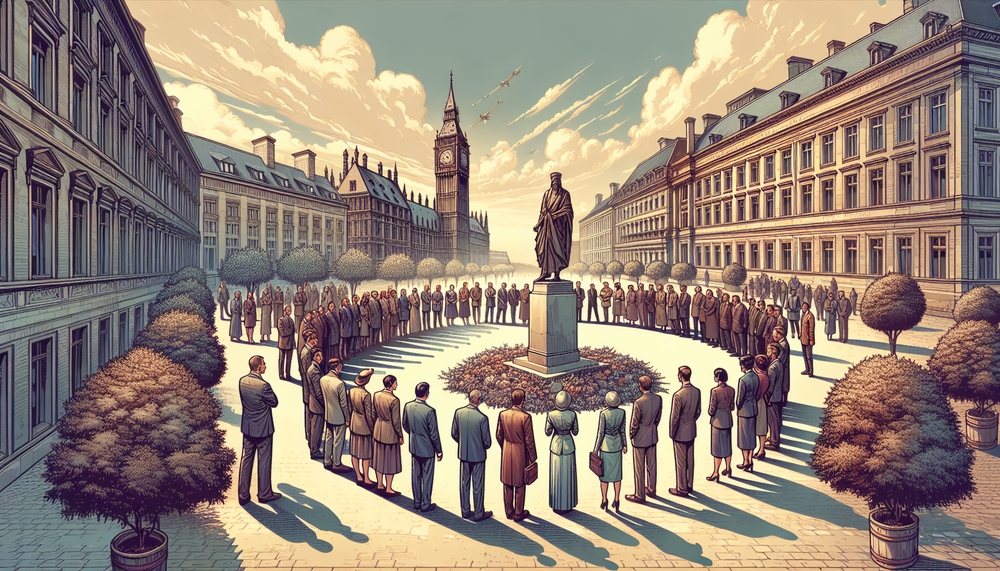Published
- 2 min read
Trump’s Impact on European Geopolitics at the Munich Security Conference

Setting the Stage at the Munich Security Conference
This year, the Munich Security Conference once again attracts global attention as it sets the stage for pivotal discussions that could alter the geopolitical landscape of Europe. Newly reelected US President Donald Trump, alongside European leaders, diplomats, and defense officials, gathers at this prominent venue where history is often shaped by powerful speeches and strategic negotiations.
Putin’s Legacy and Europe’s Reaction
To comprehend the current geopolitical dynamics, one must revisit Vladimir Putin’s 2007 address at the same conference, which initiated a more adversarial relationship between Russia and the collective West. Putin’s denunciation of a unipolar world, claiming it was a destructive pattern spearheaded by the United States, laid the groundwork for the assertive foreign policy that followed, climaxing in Russia’s aggressive actions in Georgia, Ukraine, and Syria.
President Trump, keenly aware of this legacy, approaches the 2025 conference with complex challenges. His decisions in Munich could reinforce democratic resolve in Europe or, if mishandled, unravel decades of US-backed progress since World War II and the Cold War era.
The Trump Administration’s Negotiation Strategy
With tensions surrounding Russia’s prolonged conflict in Ukraine, there is a palpable urgency. Trump’s administration is eager to reach a resolution and has dispatched Secretary of the Treasury Scott Bessent to facilitate potential deals with Kyiv. This signals a commitment to balancing strategic American interests with support for Ukraine’s sovereignty and stability.
The concept of exchanging arms for Ukraine’s rare-earth minerals offers a multi-dimensional approach that underscores Trump’s navigation of modern-day power dynamics, emphasizing the economic viability and strategic alliances that could serve as deterrents against further Russian aggression.
The Importance of Historical Lessons
Echoing through the conference halls of Munich is a crucial lesson from the past: the consequences of appeasement. The comparison draws directly from the infamous 1938 Munich Agreement, where appeasement failed to prevent Nazi expansion. As Trump contemplates diplomatic resolutions for Russia’s annexation of parts of Ukraine, many urge him to remember these historical missteps.
His rhetoric around
